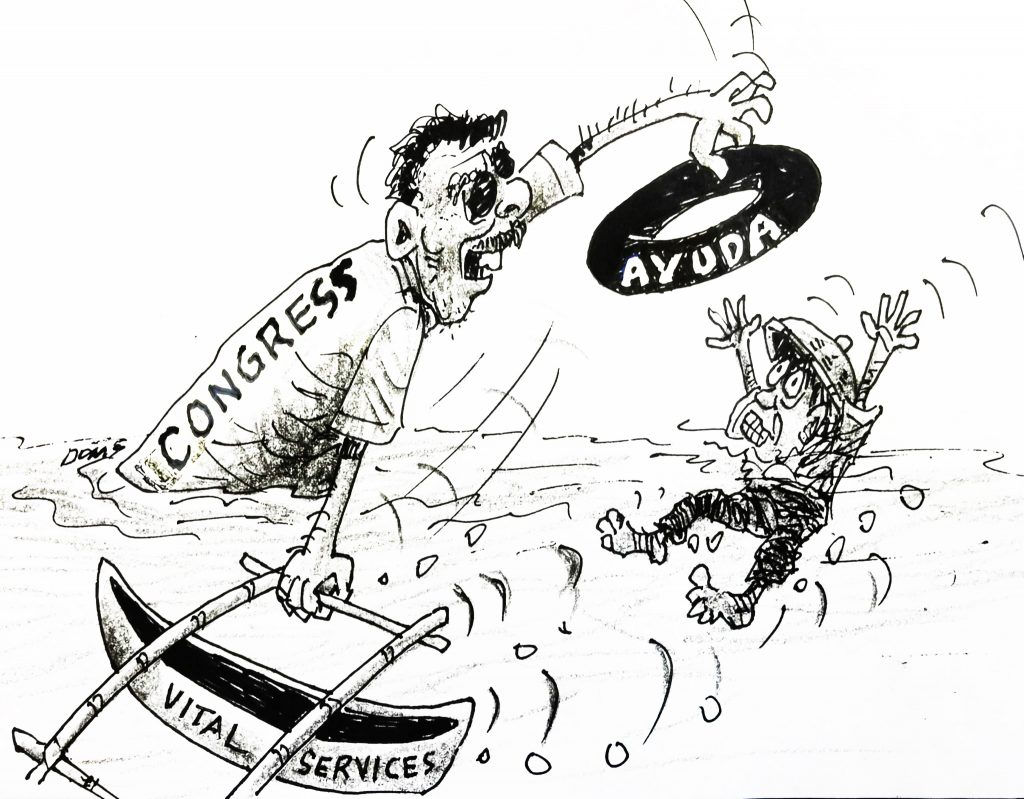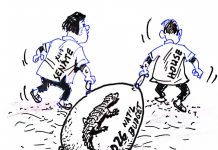The vicious circle of poverty is perpetuated not just by a lack of resources but by systems that condition people to be dependent on dole-outs instead of their capacity to thrive. When citizens are reduced to recipients of relief aid and political favors, they are denied the dignity of self-reliance, becoming pawns in a transactional relationship that undermines democracy and personal freedom. The solution lies in empowering people with skills, opportunities, and access to government services to enable them to build their futures.
Relief aid perpetuates a vicious cycle of poverty wherein people remain mired in such conditions and cannot rise above their circumstances. Such skills training programs directed at community needs can break this vicious cycle. When people are given marketable skills and practical knowledge, they can earn a living. For instance, in vocational training in agriculture, technologies, and health services, the result is that the trainee becomes an active participant in becoming productive in society rather than a passive recipient of donated goods. Empowerment through education is not a charity; it is a basic fundamental right linked to self-sustenance and development.
The public and private sectors are to consider priority in providing jobs to avoid skill wastage acquired newly. Economic policies have to be channeled to attract those industries that provide sustainable employment, especially in backward areas. Infrastructure development of roads, power, and internet connectivity attracts investment with job opportunities. What it means is that such development should not be about handouts or temporary solutions, but about creating an environment where people get a chance to develop based on merit.
Government services need to be simplified and brought closer to the people so that the benefit reaches those who need them most. Bureaucratic inefficiency and corruption become barriers to basic services: healthcare, housing, and encouragement of small businesses. Services should be transparent, inclusive, and accessible to all citizens without any feeling of obligation toward politicians or middlemen for receiving what rightfully belongs to them. This nurtures a culture of accountability in governance and lessens the culture of dependency and political patronage.
The way forward is the institutionalization of empowerment programs sans political interference and sustained by long-term planning. Grassroots organizations, non-governmental groups, and local governments should join hands in implementing such programs. Only then can the citizens be provided with the wherewithal and opportunities to stand on their own two feet. A society that empowers its people breaks free from the chains of poverty and dependence, ensuring a future rooted in dignity and self-reliance.




